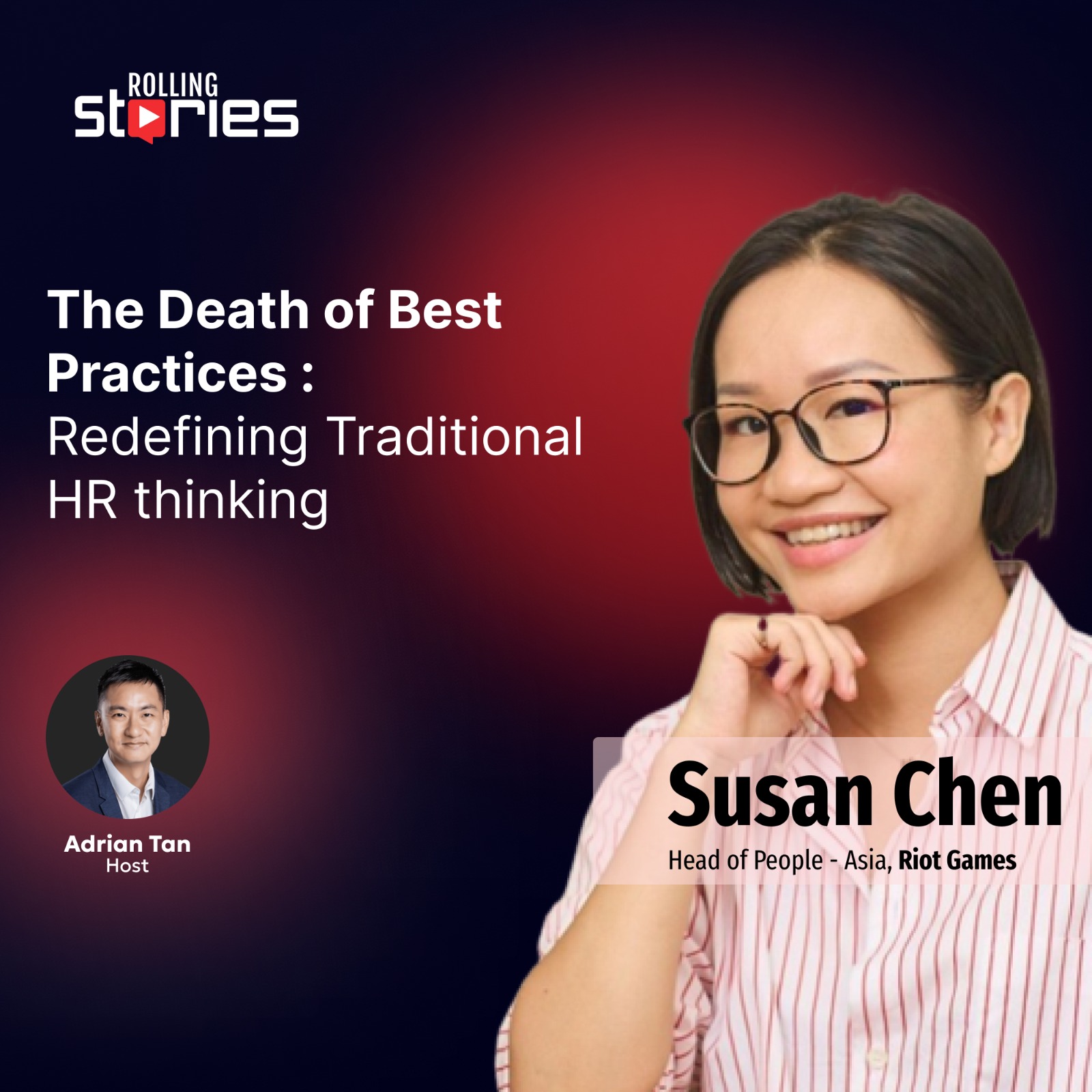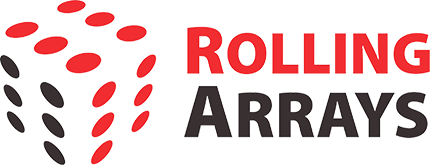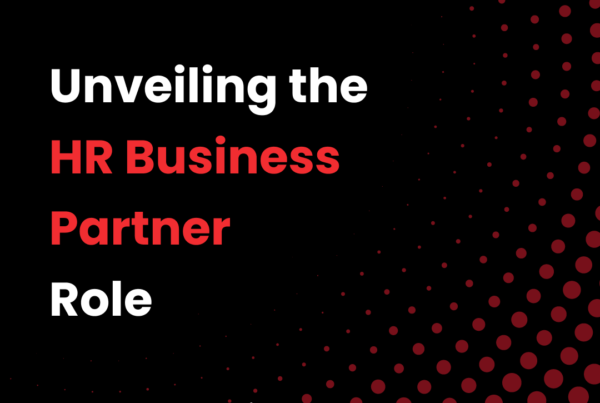
Redefining the Future of HR Management System : The Death of Best Practices | Susan Chen
July 20 ,2023
Embark on an insightful journey into the future of HR management systems in this captivating podcast hosted by Adrian Tan. Join him in a thought-provoking conversation with the esteemed Susan Chen, as they delve into the paradigm shift brought by ‘The Death of Best Practices.’ Prepare to gain valuable insights and reimagine the landscape of HR.
In today’s fast-paced and ever-changing business landscape, HR practitioners constantly seek ways to manage their people effectively. Best practices have long been the go-to guidelines for HR professionals to manage their people effectively and efficiently. However, in her new book, The Death of Best Practices, Susan Chen challenges the relevancy of these practices in today’s context.
As a business and result-driven talent OD and HR practitioner with over 15 years of global experience, Susan Chen has operated in corporate and entrepreneurial environments. She has worked with companies such as AIG, Visa, Essential, Gojack, and Riot Games, focusing on HR and business transformation. She is also a certified executive coach and researcher with a proven track record in delivering HR and business transformation with a culture operating model and talent management focus.
In this article, we will explore the main themes of Susan Chen’s book and the implications and potential impact of these themes.
The Main Themes
The Death of Best Practices explores the idea that best practices are no longer relevant in today’s context. Susan Chen argues that best practices often must be updated and flexible and consider each organisation’s unique challenges and circumstances. Instead, she proposes a new way forward for HR practitioners that involves a more agile, flexible, and customised approach to managing people.
One of the book’s central themes is the need for HR practitioners to move away from a one-size-fits-all approach and adopt a more tailored approach to managing people. Susan Chen states, “Every organisation is unique, and there is no one-size-fits-all approach to managing people. HR practitioners must consider each organisation’s unique challenges and circumstances and develop customised solutions that work for them.”
Another theme explored in the book is the need for HR practitioners to be more agile and flexible. Susan Chen argues that best practices are often rigid and inflexible and need to consider today’s business landscape’s fast-paced and ever-changing nature. Instead, she proposes an agile approach that involves constantly adapting and evolving to meet the organisation’s changing needs.
A third theme explored in the book is the need for HR practitioners to focus on outcomes rather than processes. Susan Chen argues that best practices often focus too much on strategies and benchmarks rather than the outcomes that the organisation is trying to achieve. Instead, she proposes a results-driven approach that delivers tangible results for the organisation.
In-Depth Exploration of Each Theme
Tailored Approach to Managing People
Susan Chen argues that HR practitioners must move away from a one-size-fits-all approach and adopt a more tailored approach to managing people. She states, “Every organisation is unique, and there is no one-size-fits-all approach to managing people. HR practitioners must consider each organisation’s unique challenges and circumstances and develop customised solutions that work for them.”
This means that HR practitioners must deeply understand the organisation’s culture, values, and goals. They need to work closely with the leadership team to understand the organisation’s strategic priorities and develop customised solutions that align with them. This could involve developing customised training programs, performance management systems, and employee engagement initiatives tailored to the organisation’s unique needs.
Susan Chen also emphasises the importance of involving employees in developing customised solutions. She states, “Employees are the ones who are on the ground, and they deeply understand the organization’s culture and values. HR practitioners must involve them in developing customised solutions to ensure they are effective and sustainable.”
Agile Approach to Managing People
Susan Chen argues that HR practitioners need to be more agile and flexible in managing people. She states, “Best practices are often rigid and inflexible and do not consider today’s business landscape’s fast-paced and ever-changing nature. HR practitioners need to adopt an agile approach that involves constantly adapting and evolving to meet the organisation’s changing needs.”
This means that HR practitioners need to be able to respond quickly to changing circumstances and adjust their strategies and tactics accordingly. They need to be able to pivot quickly when necessary and be comfortable with uncertainty and ambiguity. This could involve developing a culture of experimentation and innovation, where employees are encouraged to try new things and learn from their failures.
Susan Chen also emphasises the importance of collaboration and communication in an agile approach to managing people. She states, “HR practitioners must work closely with other functions and departments to ensure they are aligned and working towards the same goals. They must also communicate effectively with employees to ensure they understand the organisation’s priorities and their role in achieving them.”
Results-Driven Approach to Managing People
Susan Chen argues that HR practitioners must focus on outcomes rather than processes. She states, “Best practices often focus too much on processes and benchmarks rather than the outcomes that the organisation is trying to achieve. HR practitioners must adopt a results-driven approach to deliver tangible results for the organisation.”
HR practitioners must deeply understand the organisation’s strategic priorities and develop initiatives aligned with those priorities. They need to be able to measure the impact of their initiatives and adjust their strategies accordingly. This could involve developing metrics and KPIs tied to the organisation’s strategic priorities and using data to inform decision-making.
Cornerstone Capabilities
During her research for the book, Susan Chen realised that HR practitioners are often expected to be everything to everyone, which can be overwhelming. She emphasises the importance of adopting a growth mindset, which involves approaching problems with curiosity and a willingness to learn and adapt.
Susan Chen states, “If we think about growth mindset, if we think about different ways to approach problems, challenges, and opportunities, then we can refine the existing article with more context below. We have the opportunity to simplify HR by hopefully making a much more impactful and worthwhile career that will inspire the next generation of HR.”
She also emphasises the importance of developing new cornerstone capabilities for HR practitioners. These capabilities include navigating ambiguity and uncertainty, being comfortable with experimentation and innovation, and collaborating and communicating effectively with other functions and departments.
Analysis of the Implications and Potential Impact of the Themes
The themes explored in The Death of Best Practices have significant implications for HR practitioners and their organisations. By adopting a more tailored, agile, and results-driven approach to managing people, HR practitioners can better meet their organisations’ unique challenges and circumstances and deliver tangible results that drive business success.
However, adopting these new approaches will require HR practitioners to develop new skills and capabilities. They must navigate ambiguity and uncertainty, be comfortable with experimentation and innovation, and collaborate and communicate effectively with other functions and departments.
The potential impact of these themes is significant. By adopting a more tailored, agile, and results-driven approach to managing people, organisations can better meet the changing needs of their customers and stakeholders and stay ahead of the competition. They can also create a more engaged and motivated workforce that delivers tangible results for the organisation.
Conclusion and Future Outlook
The Death of Best Practices challenges the relevancy of traditional best practices in today’s context and proposes a new way forward for HR practitioners. By adopting a more tailored, agile, and results-driven approach to managing people, HR practitioners can better meet their organisations’ unique challenges and circumstances and deliver tangible results that drive business success.
However, adopting these new approaches will require HR practitioners to develop new skills and capabilities. They must navigate ambiguity and uncertainty, be comfortable with experimentation and innovation, and collaborate and communicate effectively with other functions and departments.
The future outlook for HR practitioners who adopt these new approaches is bright. Focusing on outcomes rather than processes can create a more engaged and motivated workforce focused on delivering tangible results for the organisation. They can also create a more agile and flexible organisation that can better meet the changing needs of its customers and stakeholders.
In conclusion, The Death of Best Practices is a must-read for HR practitioners looking to stay ahead of the curve and deliver tangible results for their organisations. By adopting a more tailored, agile, and results-driven approach to managing people, HR practitioners can create a more engaged and motivated workforce focused on delivering tangible results for the organisation. They can also create a more agile and flexible organisation that can better meet the changing needs of its customers and stakeholders.
Recent Podcast
About Rolling Arrays
Rolling Arrays has been driving SAP SuccessFactors-led HR Transformation since 2009. The company specialises in SF consulting, implementation, and support and also builds applications to enhance the utility of the SuccessFactors platform. It is committed to designing systems that help its customers to attract, develop and retain talented individuals. In 2021, Rolling Arrays was recognized as one of the top 75 fastest-growing companies in Singapore by The Straits Times & Statista.





